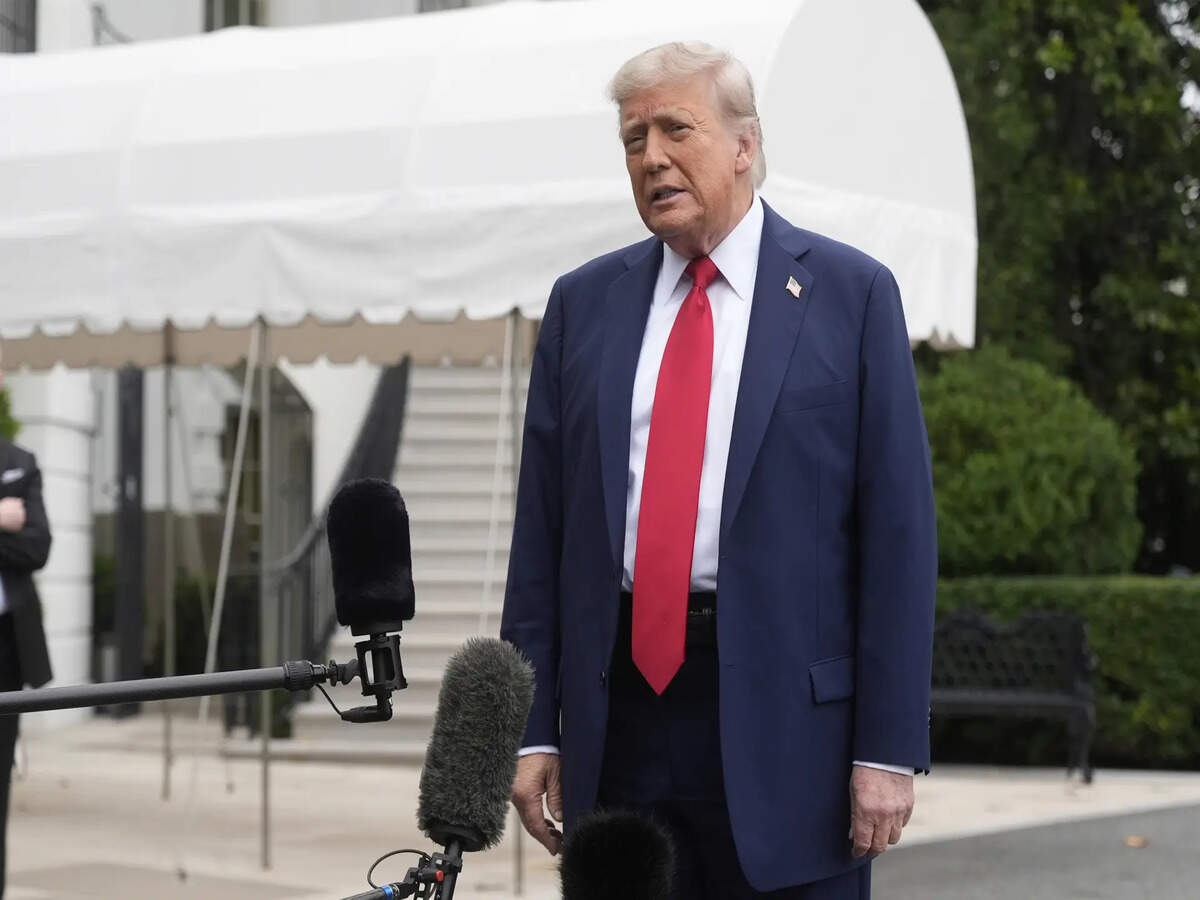VA Hospitals: Doctors Can Deny Treatment Based on Political Views
New regulations at US Department of Veterans Affairs (VA) hospitals now permit doctors and healthcare staff to decline treatment to veterans based on their political affiliation as Democrats, or marital status as unmarried individuals.
Key Changes Implemented
These changes, implemented after a January executive order signed by then-President Donald Trump, are in effect at some facilities. Previously, discrimination based on political views, marital status, or union membership was prohibited.
The VA states that all eligible veterans are still welcome, but individual staff members can now refuse care based on personal characteristics not federally protected.
Impact on Healthcare Professionals
The new rules extend beyond doctors, affecting psychologists, dentists, and other healthcare roles, also permitting hiring discrimination.
Broader Policy Shift
The executive order's primary aim was removing federal protections for transgender individuals, banning terms like 'transgender' in VA clinics, and reducing gender-affirming care. These shifts are part of a broader policy under the Trump administration, which includes tighter controls on VA health researchers.
Concerns and Criticisms
Veterans advocacy groups fear this may disproportionately affect rural veterans and survivors of military sexual trauma, potentially forcing some to travel over 100 miles for treatment. The lack of consultation with VA doctors is a further concern.
Medical organizations, including the American Medical Association, are pushing back, urging hospitals to maintain doctors’ autonomy in rulemaking.
VA System Overview
The VA system is the largest integrated hospital system in the US, comprising over 170 hospitals and 1,000 clinics, employing approximately 26,000 doctors and serving nearly 9 million patients annually.







